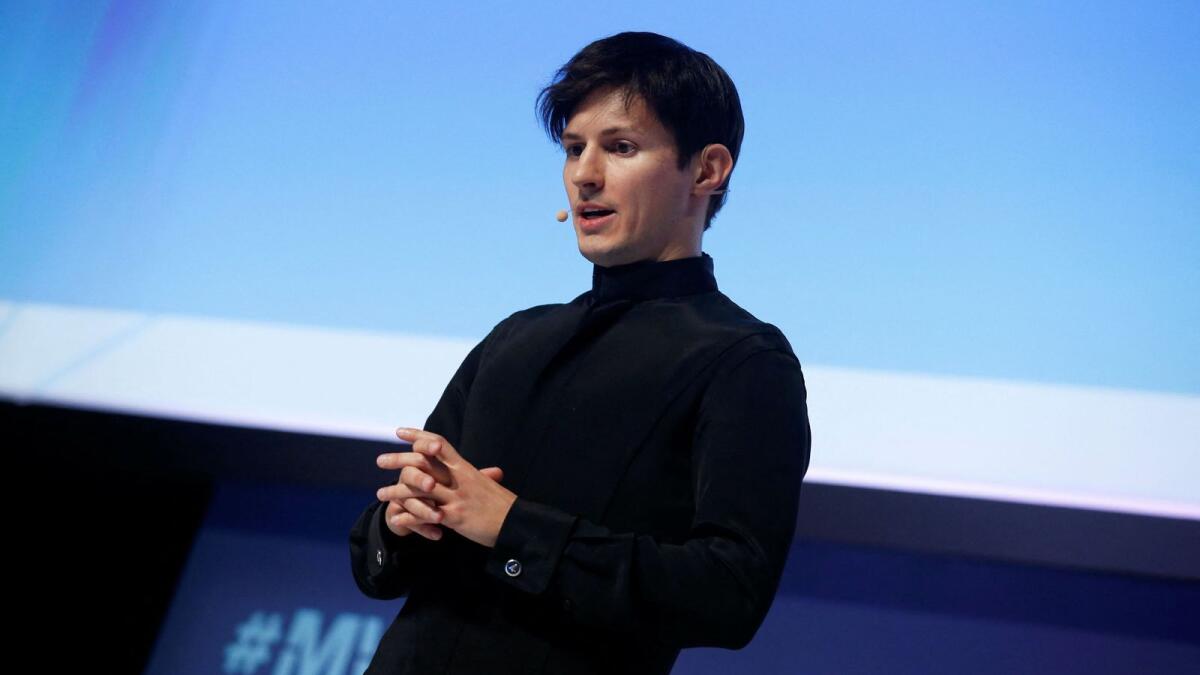The United Arab Emirates (UAE) is closely monitoring the case of Pavel Durov, founder of Telegram and a UAE citizen, who was arrested by French authorities in Paris. The UAE has requested the Government of the French Republic to provide him with necessary consular services urgently. The Ministry of Foreign Affairs (MoFA) emphasized that ensuring the welfare of UAE citizens, safeguarding their interests, and offering them complete support is a top priority for the UAE.
Durov’s arrest took place as part of a preliminary police investigation, as reported by French media. Moscow warned Paris to accord Durov his rights, and Elon Musk criticized the situation, stating that free speech in Europe was being threatened. The Russian foreign ministry, along with the Russian embassy in Paris, is working to clarify the situation around Durov and is calling on Western non-governmental organizations to demand his release.
In response to the arrest, Telegram released a brief statement after midnight Paris time, mentioning that the company complies with European Union laws and that its content moderation practices are in line with industry standards and constantly being enhanced. The situation remains fluid, with the global community closely monitoring the developments and expressing concern over potential violations of Durov’s rights. The UAE’s diplomatic efforts to ensure Durov’s well-being underscore the country’s commitment to protecting its citizens wherever they may be.
As news of Durov’s arrest continues to unfold, heightened attention is being given to the circumstances surrounding his detention and the legal framework under which he is being held. The involvement of prominent figures such as Elon Musk sheds light on the broader implications of this case for freedom of speech and expression in Europe. The calls for Durov’s release from both Russia and Western NGOs highlight the international concern and support for his rights.
The UAE’s proactive stance in requesting consular services for Durov underscores the country’s commitment to upholding the rights and well-being of its citizens globally. The government’s swift response to the situation demonstrates its dedication to providing necessary assistance to citizens facing legal challenges abroad. With ongoing developments and interventions from various stakeholders, the case of Pavel Durov serves as a reminder of the complexities surrounding free speech and individual rights in an interconnected world.
In conclusion, the arrest of Pavel Durov has captured international attention, with stakeholders closely monitoring the situation and advocating for his rights. The UAE’s diplomatic efforts to support its citizen highlight the country’s commitment to safeguarding the interests of its nationals wherever they may be. As the case continues to unfold, it raises important questions about freedom of speech and expression, as well as the role of governments in protecting the rights of individuals, regardless of their nationality. The global community’s response to Durov’s arrest underscores the importance of upholding fundamental rights and ensuring justice is served in cases involving prominent figures like him.










